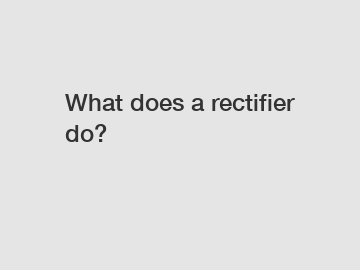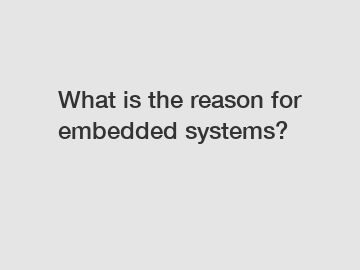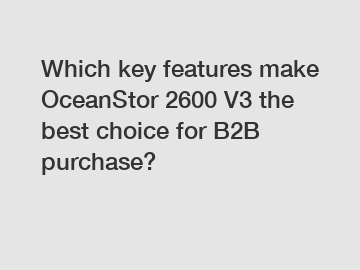What is an SMS Gateway and How It Works?
In our interconnected world, the term "SMS gateway" has become increasingly prevalent, yet many may still wonder about its essence and functionality. An SMS gateway acts as a bridge between different communication networks, facilitating the exchange of text messages. Let's delve into the intricacies of SMS gateways, unraveling their workings, real-life applications, and practical implications.
Understanding the SMS Gateway
Defining the SMS Gateway
To comprehend the SMS gateway, we must first break down its components. Essentially, it is a technological platform that enables the sending and receiving of Short Message Service (SMS) between mobile networks and external systems, such as websites or email servers.
How SMS Gateways Work
The functionality of an SMS gateway involves several steps. When a user sends a text message, the SMS gateway acts as an intermediary, routing the message to the recipient's mobile device through the relevant mobile network. This process may seem seamless, but behind the scenes, intricate protocols and algorithms ensure the efficient delivery of messages.
Real-Life Applications
Business Communication
SMS gateways play a pivotal role in modern business communication. They offer a reliable and instantaneous means for companies to reach out to clients, employees, or stakeholders. Whether it's sending alerts, updates, or promotional messages, businesses leverage SMS gateways for their efficiency and broad reach.
Marketing and Promotions
In the realm of marketing, SMS gateways prove invaluable. Companies utilize them to dispatch promotional offers, discounts, and announcements directly to consumers' mobile devices. The immediacy of SMS ensures that promotional messages are swiftly delivered and have a higher likelihood of being read promptly.
Authentication and Security Measures
SMS gateways contribute significantly to enhancing security measures. Two-factor authentication (2FA) often involves sending a verification code via SMS, adding an extra layer of protection to online accounts. This utilization showcases the versatility and reliability of SMS gateways in safeguarding sensitive information.
How SMS Gateways Benefit Users
Swift and Direct Communication
One of the primary advantages of SMS gateways is the speed of communication. Unlike emails that might languish in inboxes, text messages are typically read within minutes of receipt. This immediacy is particularly crucial in time-sensitive situations or for urgent announcements.
Explore more:Telecommunications
Cost-Effective Messaging
Best practices for choosing Bulk SMS Service?
What is a GSM Gateway used for?
Best rectifier modules for B2B purchase stage?
Boost Security with Itniotech's ID Verification Platform
Who pays for travel for remote workers?
What are the top 5 advantages of purchasing an X3V/X3SW WiFi Phone for your business?
SMS gateways offer a cost-effective solution for mass communication. Compared to traditional advertising channels, such as print or television, sending SMS messages is economical. This affordability is especially beneficial for small businesses looking to connect with their audience without breaking the bank.
Global Reach
With SMS gateways, geographical boundaries are virtually nonexistent. Users can send messages across borders, making it an ideal communication tool for international businesses or individuals with global connections.
Setting Up an SMS Gateway
For those intrigued by the prospect of utilizing SMS gateways, the process is relatively straightforward.
Selecting a Service Provider:Begin by choosing a reputable SMS gateway service provider. Consider factors such as reliability, delivery rates, and customer support.
Account Setup:Create an account with the chosen service provider. This typically involves providing essential details and agreeing to the terms of service.
Integration:Integrate the SMS gateway with your existing systems, such as websites, applications, or CRM platforms. Most service providers offer user-friendly APIs for seamless integration.
Testing and Deployment:Before deploying SMS services on a large scale, conduct thorough testing to ensure the system's functionality. Once satisfied, commence with the deployment of your SMS gateway.
In conclusion, an SMS gateway is a dynamic tool that transcends simple text messaging. Its applications are diverse, ranging from business communication to enhancing security measures. Understanding the workings of an SMS gateway opens up a world of possibilities for effective and efficient communication in our fast-paced digital landscape.
Revolutionizing Telecom Infrastructure: Emerson's Innovative Cabinets?
How often should you send SMS marketing messages?
Which Structure Type is Best for Self-Supporting Towers?
What is a VoIP GSM gateway and how does it work?
How Do Cell Towers Work: Connecting the World Wirelessly
Quickly Learn About Cloud Communication Platform
Voice Verification Code: Enhancing Security and User Authentication











